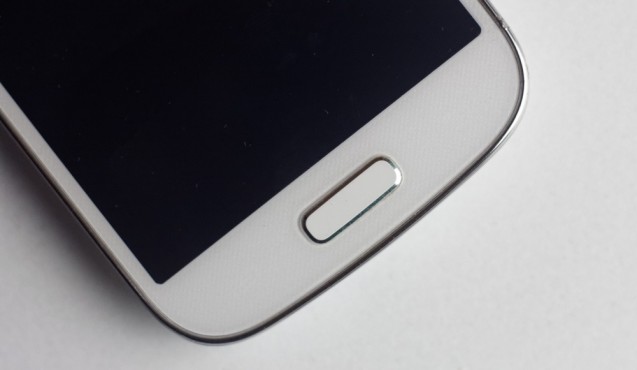Is Text Messaging a Viable Way to Recruit?

Consider, for example, how recruiters turned social media into the hottest new talent acquisition tool just a few years ago.
But for all the social recruiting cheerleading, the fact is that many job seekers have responded by hitting “block.” When recruiters take to social media, they usually just end up annoying the very candidates they are trying to attract.
Recently, recruiters have started eyeing text messages as the next big thing in talent acquisition, but there’s a problem with this mindset. If candidates hate it when recruiters corner them on Facebook, imagine how frustrated they’ll be when their smartphone inboxes are packed with spammy job pitches.
Talent acquisition, take note: Text message recruiting is not the way of the future
Just Say ‘No’ to Text Message Recruiting
What, exactly, makes text-based recruiting such a bad idea? Consider the following:
1. People Despise Cold Calls and Cold Emails
Does anyone actually like receiving those cold messages from recruiters on social media sites like LinkedIn? I certainly don’t.
For example, I receive a lot of spam messages from recruiters who are trying to pitch recruiting roles to me, likely because I write a lot about the subject. But if these recruiters took a couple seconds to glance at my profile, they’d see that I’m actually a marketer!
Would you trust these same recruiters with your phone number? I wouldn’t.
2. Text Messaging Is Not a Great Way to Communicate
Many people have forgotten the golden rule of communication: Text, email, and chat clients are great for passing along brief information and updates, but when it comes to anything of significance, these methods don’t quite cut it. How many times have you misunderstood someone’s text or email – or worse, the emojis included in said text? (Note: Please don’t start recruiting with emojis.)

3. Text Message Recruiting Doesn’t Enhance the Candidate Experience
What kind of candidate experience does a generic text message about an open job create for a candidate? For one thing, it says the communication isn’t very important.
In order to win top talent, today’s recruiting teams have to focus on transparency, communication, and immersive experiences in employer branding. Unfortunately, text message recruiting can’t offer such an elevated experience.
It can, however, cause potential candidates to report more recruiters’ messages as junk, eventually landing their phone numbers on blocked sender lists.
4. Connections Aren’t Formed Via Text
Successfully recruiting and hiring a candidate is often the result of a personal connection formed during the recruiting process. Unfortunately, text messaging is a poor way to form lasting connections. While more potential candidates mayopen the text messages they receive, they’ll usually just respond by rolling their eyes and telling their friends about how much they hate the spam texts they’ve been receiving from Recruiter X at ABC Corp.
If you want to form lasting connections with candidates, you need to put in some serious time and effort. Text messaging just isn’t the way to go when you’re trying to solidify a relationship – especially a relationship with a candidate.
–
Text message recruiting may sound like a great idea to many recruiters, but as is the case with any shiny new tool, we should exercise caution when it comes to implementing text messages in our recruiting processes. Talent acquisition departments should carefully examine their intended audiences, messaging, and outcomes prior to embracing text message recruiting.
When TA authorities really think about it, it may turn out that text message recruiting is nothing more than a lot of effort to scare candidates away.

